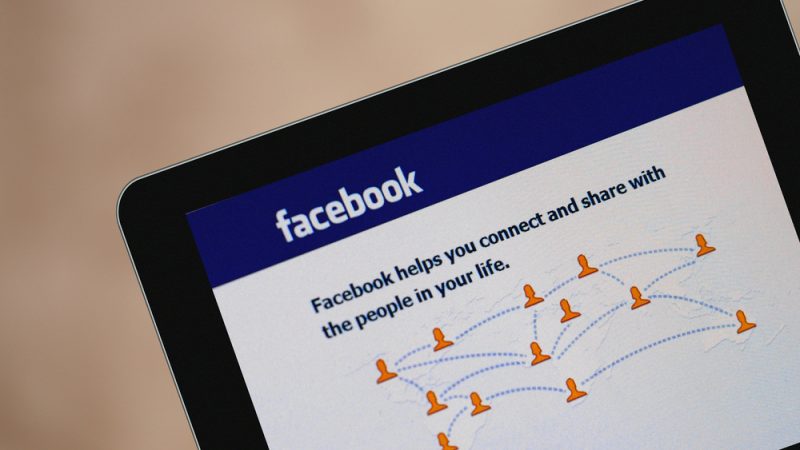Russian embassy to Slovakia very active on Facebook

The Russian Embassy in Bratislava is the most active on Facebook in comparison to other Russian and even Chinese embassies across the European Union, an analysis conducted by the International Republic Institute reads.
In its analysis, the institute looked into the activity of Russian and Chinese embassies in Europe on Facebook – leaving out Twitter, which is also an influential social media tool.
Russia’s Embassy in Bratislava shared 4,663 posts from the day Russia invaded Ukraine on 24 February 2022 until 10 March 2023, with the daily post count even exceeding 10 on some days.
The Chinese Embassy in Paris came second in the institute’s ranking, with 3,275 posts, followed by the Russian Embassy in Bucharest, with 2,965 posts. However, the Russian embassy was nearly invisible in Czechia, with an average of one post a week.
According to political scientist Grigorij Mesežnikov, “this is just another sign that Russian diplomacy feels more favourable conditions in Slovakia than in other European countries.”
Regarding content, the Russian embassy actively promotes Russian interests and defends its actions in Ukraine through conspiracy theories. “One of the tasks of the United States and allies is to create bioagents capable of selectively infecting different ethnic groups, especially Slavs,” the Embassy shared on 10 March.
At the same time, Slovakia seems to have other players with more influence in spreading pro-Kremlin propaganda. For example, politicians and members of The Republic movement have spread untruths about the massacre of civilians in Bucha and translated Putin’s speeches into Slovak.
According to Mesežnikov, the Russian embassy provides Slovak conspirators with topics for discussion and a basis for their arguments. “Russian diplomacy knows that its messages will find a considerable response here, not only among the population but also among some politicians or other high-ranking actors,” said Mesezhnikov.
Last year, for example, a conspiracy from the Russian embassy was shared by General Prosecutor Maroš Žilinka.
(Michal Hudec | EURACTIV.sk)


